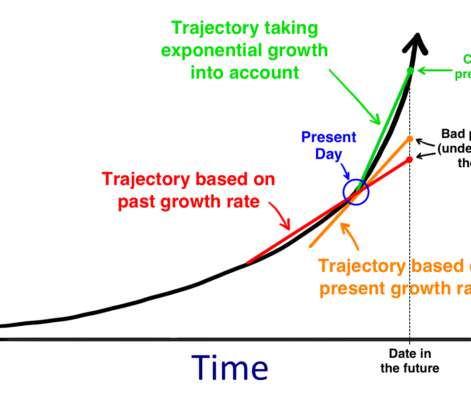Equity for Early Employees in Early Stage Startups
SoCal CTO
SEPTEMBER 27, 2011
I was asked by a reader how much equity he should give out to early employees and to service providers in a very early stage startup. Founders vs. Early Employees To help with this discussion, let me start with a definition of "early employee." If the company's valuation is $2 million, $90k is 4.5%.






























Let's personalize your content